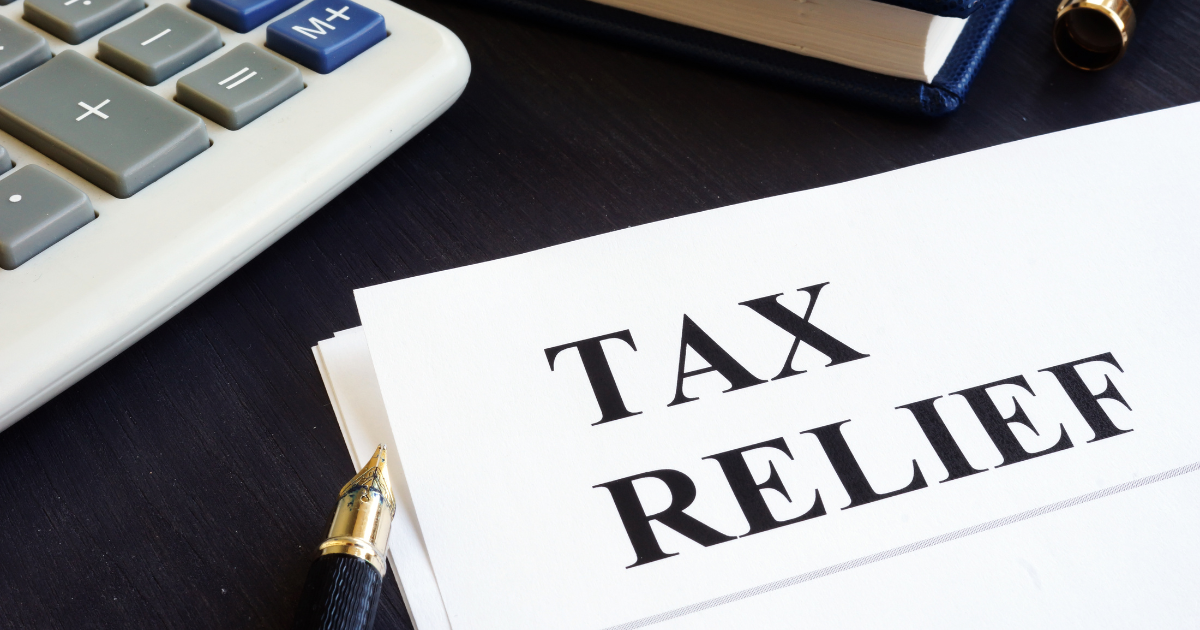Can You Sever a Joint Tenancy Alone in Pennsylvania?
In a recent decision handed down by the Pennsylvania Supreme Court inGrant v. Grant, 2025 Pa. LEXIS 1261 (Apr. 9, 2025), the court dealt with the...
1 min read
Alex Goldberg : Jul 29, 2024 9:00:00 AM

The recent budget passed by the Pennsylvania General Assembly for 2024-2025 included a significant increase in the historic tax credit program. Beginning in 2025 as H.B. 2358, the tax credit will be raised from $5 million to $20 million. This shift is expected to benefit historic preservationists and adaptive reuse developers.
Pennsylvania’s historic tax credit program was established in 2012 with an initial cap of $3 million per year, which was increased to $5 million per year in 2019. The program supports around 15 projects annually, with a per-project cap of $500,000 or 25% of qualifying expenses. However, developers often found the funding insufficient, deterring applications.
The increase comes after concerted lobbying efforts by organizations like Preservation Pennsylvania and the Preservation Alliance for Greater Philadelphia. They argued that the adaptive reuse of historic buildings yields significant job returns and economic benefits (for every one million dollars that is invested into historic rehabilitation projects, eleven jobs will be created). Surrounding states offer more generous programs, further highlighting the need for Pennsylvania to enhance its support to preservationists and adaptive reuse developers.
State Senators Nikil Saval (D-Philadelphia) and Frank Farry (R-Bucks) co-sponsored the bill, which gained traction and was included in this year’s budgetary process. Saval emphasized the widespread benefits of the tax credits, especially in rural areas where development pressures are lower.
Advocates are pushing for further improvements, such as raising the per-project cap to $2.5 million and removing restrictions that bar projects with nonprofit partners. They aim to continue lobbying for these changes and to demonstrate the positive impact of the increased funding, ultimately hoping to reach their original goal of a $50 million cap.
The increase in historic tax credits is expected to make reuse projects more viable and prominent, contributing to community revitalization, economic growth, and addressing broader social concerns like housing and sustainability.
To learn more about H.B. 2358 and obtaining a tax credit for your historic project, please contact Alan Nochumson at alan.nochumson@nochumson.com or (215) 600-2851, or click below to schedule a free, 15-minute consultation with him.

In a recent decision handed down by the Pennsylvania Supreme Court inGrant v. Grant, 2025 Pa. LEXIS 1261 (Apr. 9, 2025), the court dealt with the...

The Pennsylvania Commonwealth Court recently issued a ruling in Landlord Service Bureau v. City of Pittsburgh, 2023 Pa. Commw. LEXIS 24 (March 17,...

Nochumson P.C. is proud to announce that founding partner Alan Nochumson has been named as a finalist for the Power Players category of The Legal...